If you could solve any challenge in your country, what would it be?
At the beginning of #techwomen18, 20 country teams were asked this question. Their process–beginning with brainstorming, moving through iteration and strategy, and concluding in the creation of high-impact plans–culminated at this year’s Pitch Day hosted at Google. There, Emerging Leaders showcased the action plan projects that they, alongside their Impact Coaches, developed throughout three Action Plan Workshops. In front of a panel of judges and the TechWomen community, country teams took to the stage, showcasing their social impact projects for a chance to win one of five seed grants of $3,000 each to support them in implementing their projects at home.
- Team Jordan
- Team Uzbekistan
Each team presented their pitch, speaking about their country’s critical needs and showing how their project will contribute to solving them. Some projects aimed to re-engage marginalized populations through providing work and training opportunities. Others provided solutions to critical environmental issues, looking to emerging technologies to solve waste crises and foster the protection of green land. And many advocated for the safety of women and children, providing support and education through online portals, web apps and national messaging systems. Below is the TechWomen Pitch Day recap, featuring each country team’s pitch on stage at Google:
- Team Kenya
- Team Morocco
- Team Palestinian Territories
- Team Rwanda
- Team Sierra Leone
The day at Google was a true example of women leading the change, narrowing the gender gap and providing opportunity and education for populations all over the world.
And the winners are…
Over 400 members of the TechWomen community gathered at Twitter on Monday evening for the 2018 Community Celebration, recognizing the network that makes TechWomen possible. Emerging Leaders, mentors, host company representatives and greater members of the TechWomen community came together to celebrate everyone’s hard work and hear the announcement of this year’s five seed grant winning teams. The evening began with a flag ceremony, with each country team carrying their country’s flag on stage, greeting the audience in their local language. They were followed by Vijaya Gadde of Twitter, who urged Emerging Leaders to step into leadership: “Be empowered,” she said. “Be strong. Be the next generation of leaders that we need you to be.”
Emerging Leaders were then joined on stage by Professional Mentors, Cultural Mentors and Impact Coaches, each speaking to the power of mentorship and their experiences during the program. “I made a goal when I came here,” said Prudence of Zimbabwe, joined by her Professional Mentor from Twitter. “To get mentored, so I could go back and mentor others.” Gina of the West Bank shared her experience of cultural exchange, explaining how common ground can rise above the confines of borders. Natalia of Kyrgyzstan spoke to the meaning of teamwork during the action plan process: “We learned how a group of people who don’t know each other can become a team,” she said.
- Gina with Cultural Mentor, Payal
- Prudence with her Professional Mentor, Diana
- Natalia with Impact Coach Jessica
Next, it was time for the big announcement: TechWomen Director Jillian Scott was joined on stage by Mimi Hills, Director of Global Information Experience at VMware, who sponsored a seed grant this year. Together, they announced this year’s five seed-grant winning teams: Team Zimbabwe, Team Kazakhstan, Team Nigeria, Team Lebanon and Team Rwanda!
Team Zimbabwe
In Zimbabwe, 60% of rural girls miss school each month during their menstrual cycles. Sanitary pads are too expensive for the average rural family, resorting in women and girls using unsafe and unsanitary practices and increasing their risk of infection, severe illness and cervical cancer. These complications impact school attendance, causing embarrassment, low self-esteem and impacting their educational futures. Using a “train the trainer” method, Team Zimbabwe will work with five rural communities, making reusable sanitary pads with local and safe materials, such as bamboo and cotton lint. Additionally, they will train women and girls on hygiene management, removing a barrier to adolescent girls’ access to education.
Team Kazakhstan
In Kazakhstan, 70% of women experience domestic violence at some point in their lives. It is shameful to discuss these issues, resulting in insufficient support for women and a lack of advocacy for their rights. Uki.kz, Team Kazakhstan’s action plan project, has a mission to empower, connect and support women who experience domestic violence. Through educational online content and the creation of support networks, Uki.kz will empower women to feel safe and confident, helping them reach their full potential.
Team Nigeria
Nigeria has been ranked as having the fourth highest maternal mortality rate in the world, with 814 maternal deaths per 100,000 live births. MAAMI, or Mobile Aid Against Maternal and Infant Mortality, is an automated messaging system that will deliver audio health education messages to pregnant women throughout the country, giving expectant mothers reliable and customized health alerts. Through establishing key partnerships and enlisting volunteers, the team hopes to pilot their program with 500 women in northern Nigeria, a region with a high maternal death rate. “Saving a mother is saving a community,” they said. “And saving a community is saving a nation.”
Team Lebanon
Lebanon is facing a waste crisis: since 2015, after a landfill site closed and was not replaced, dumping and burning waste on the streets has become widespread, creating health risks for nearby residents. Team Lebanon’s solution, Hack on Scraps, is a non-profit initiative whose aim is two-fold. First, they will partner with four schools in three cities, teaching children proper waste disposal through hackathons and educational programming. Second, through a social business model they will sell IoT-enabled trash bins that, once full, will alert local NGOs to collect and recycle the contents. By using STEM to teach the next generation about recycling, Team Lebanon hopes to impact their country’s waste crisis, implementing change and inspiring the next generation to reduce, reuse and recycle.
Team Rwanda
In 100 days in 1994, more than one million people were killed during the genocide against the Tutsi. Twenty-four years later, Rwandan survivors have deep emotional wounds, with women representing 89% of trauma cases. Healing Together, Team Rwanda’s initiative, addresses the need for a network that encourages women to talk openly, share their experiences and strengthen each other through a connected community. In a safe and trusted environment, women will be able to speak to counselors, attend group meetings and participate in healing sessions. Healing Together will launch in 2018; by the end of 2019, they hope to be established in the capital city of Kigali and scaling in a new location.
At the Community Celebration, each team’s commitment to their cause was a powerful reminder that the action plan process is about much more than seed grant awards. Emerging Leaders’ dedication, courage and ingenuity transcended competition, serving as a true celebration of women leaders and their commitment to change their communities.
So, cheers to the Bay Area portion of #techwomen18! We’re not ready to say goodbye just yet, however. Tomorrow we travel to our nation’s capital, Washington, DC, for the concluding portion of TechWomen. There, Emerging Leaders will get a chance to visit the U.S. Department of State, engage with panels of empowering female leaders and explore the history and culture of a new city.
Stay up to date on the TechWomen blog as we provide weekly program updates, and follow along on Twitter, Instagram, and Facebook for daily content.

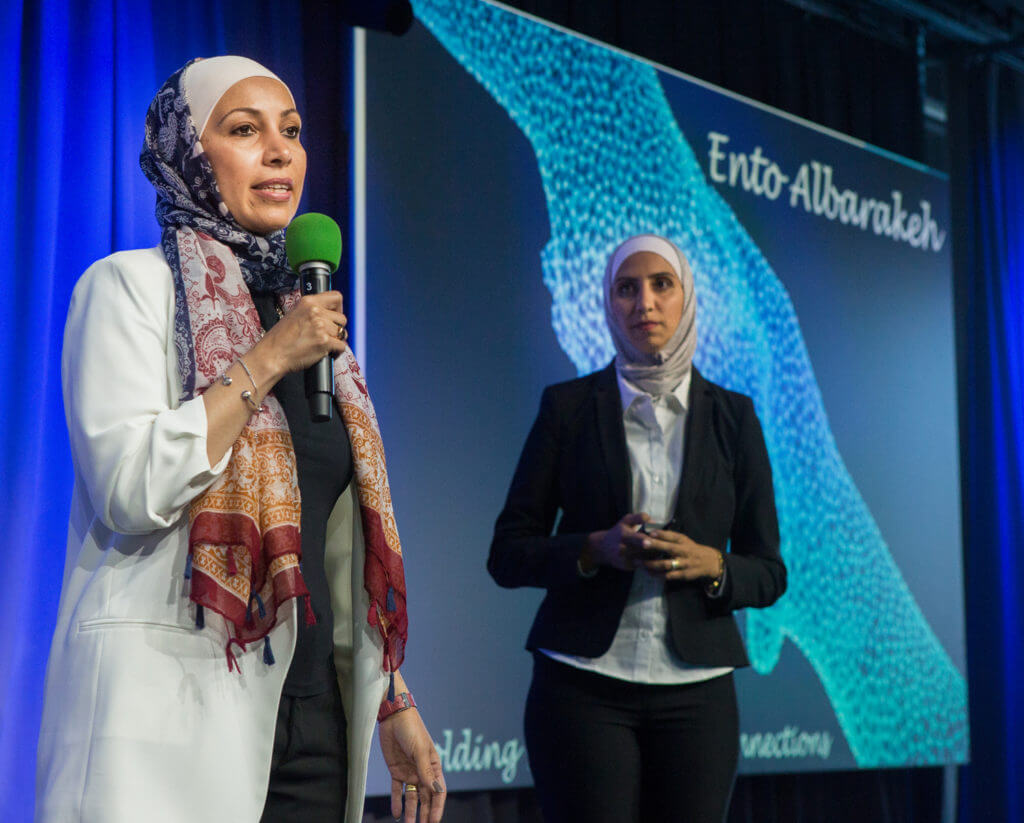
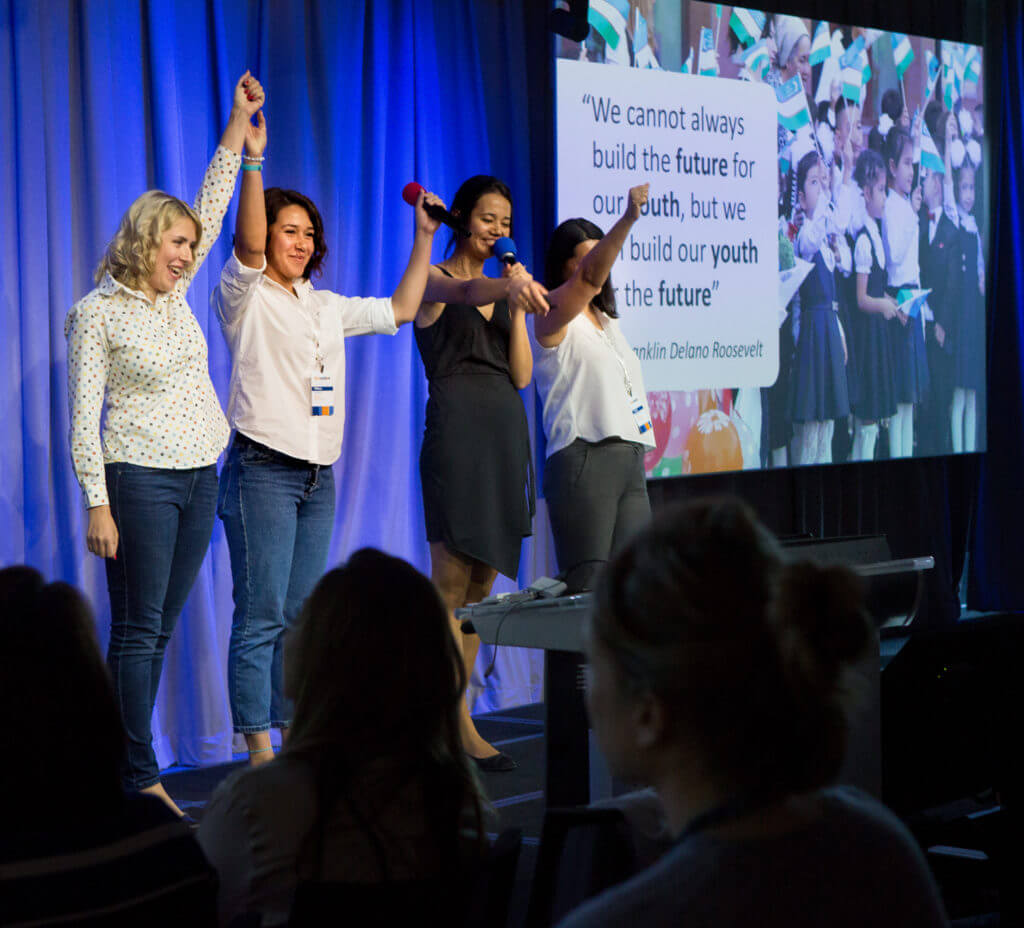
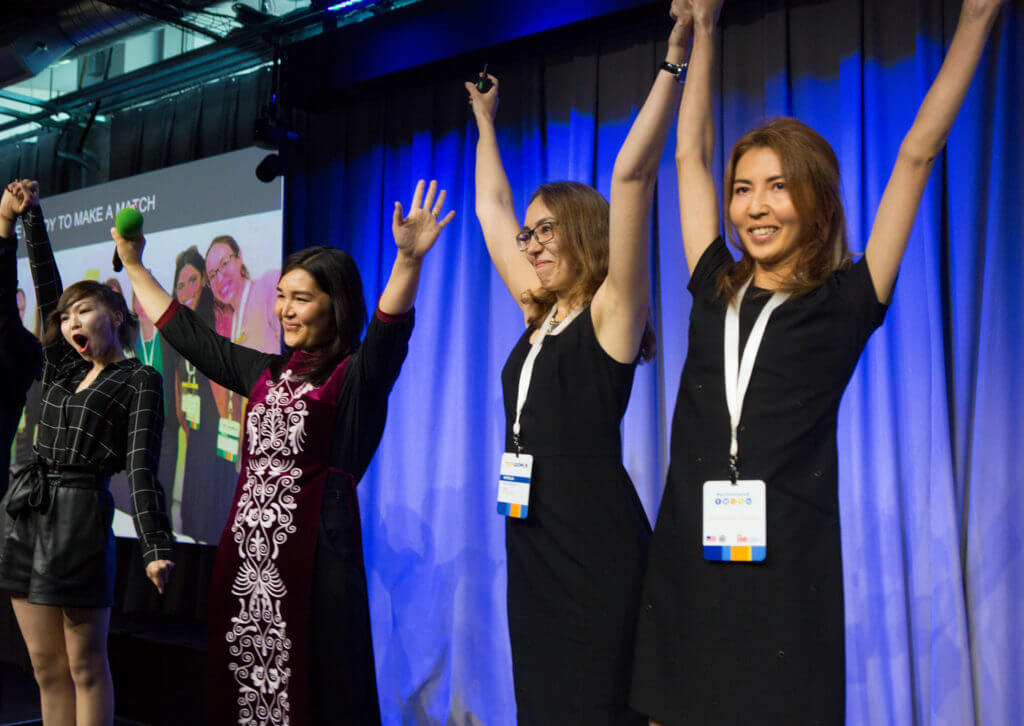
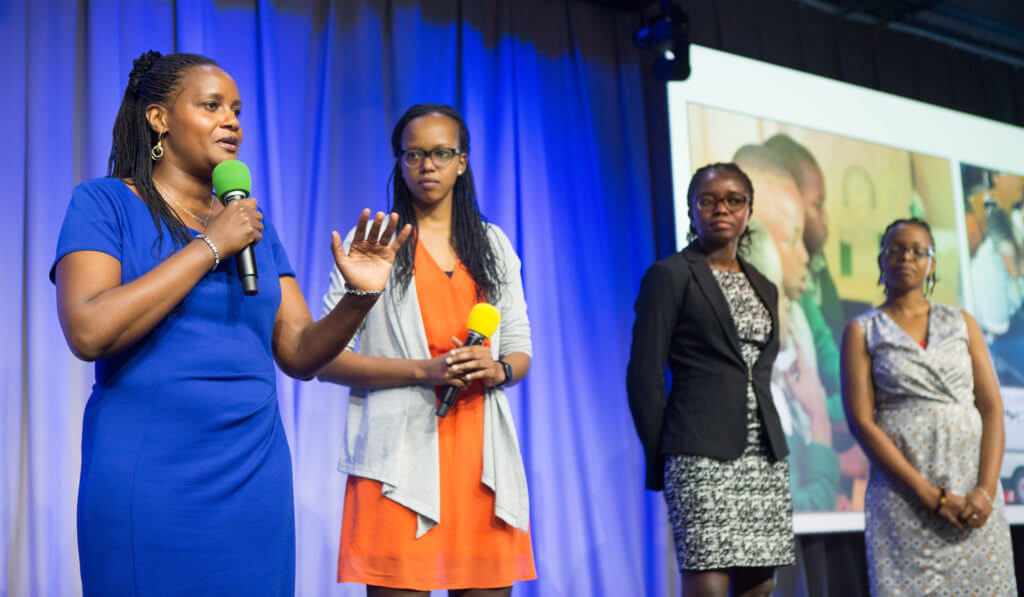
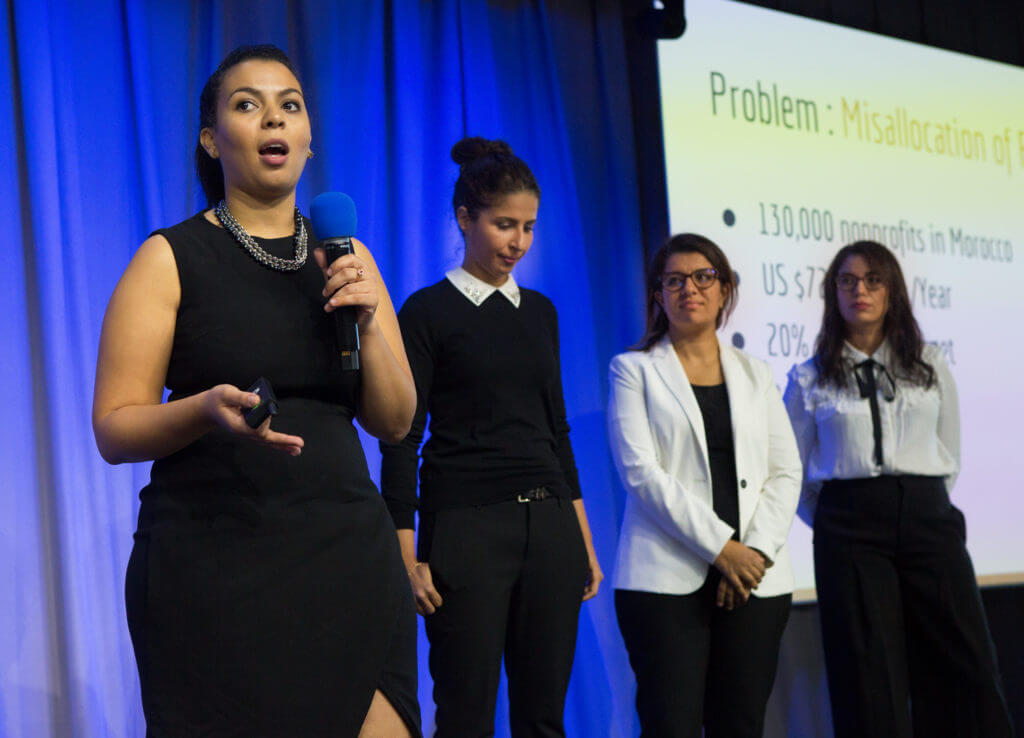
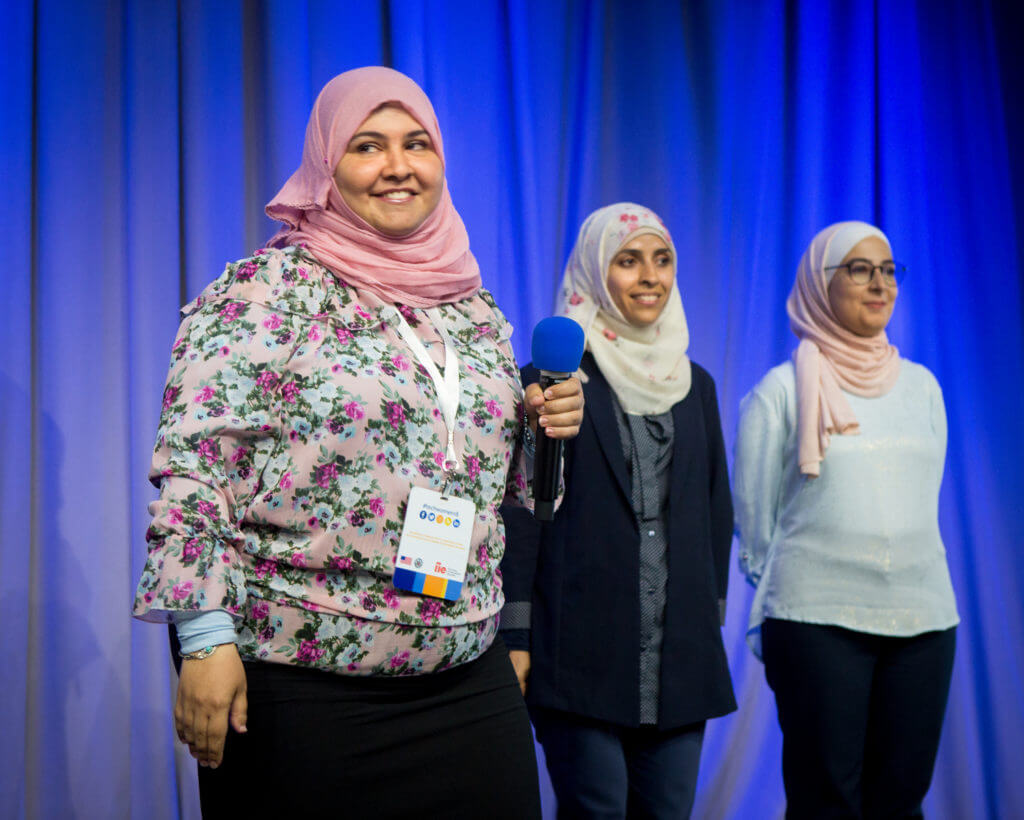
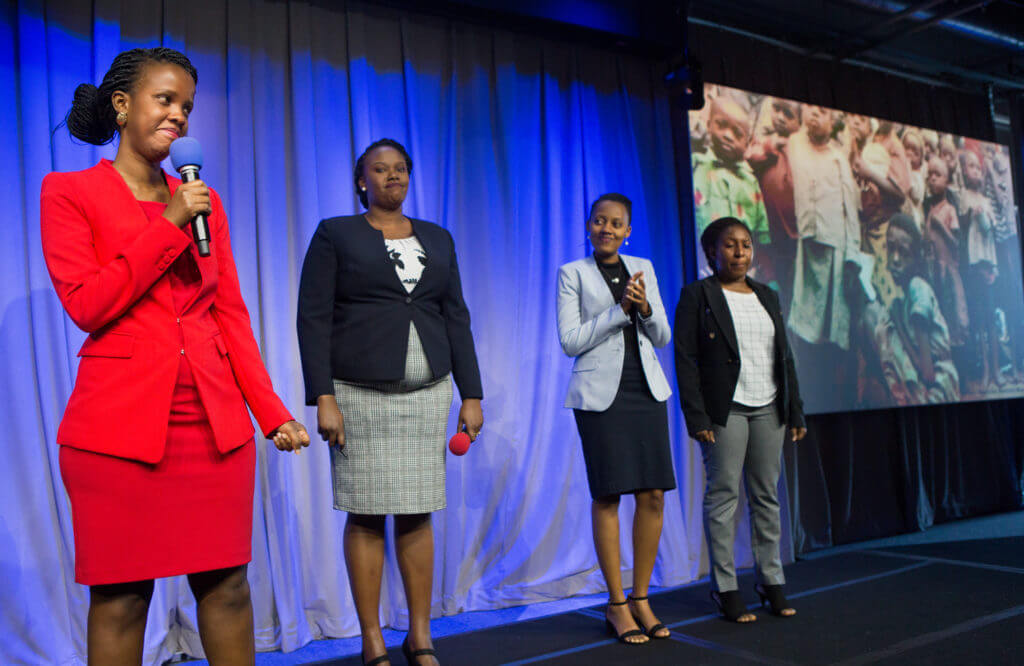
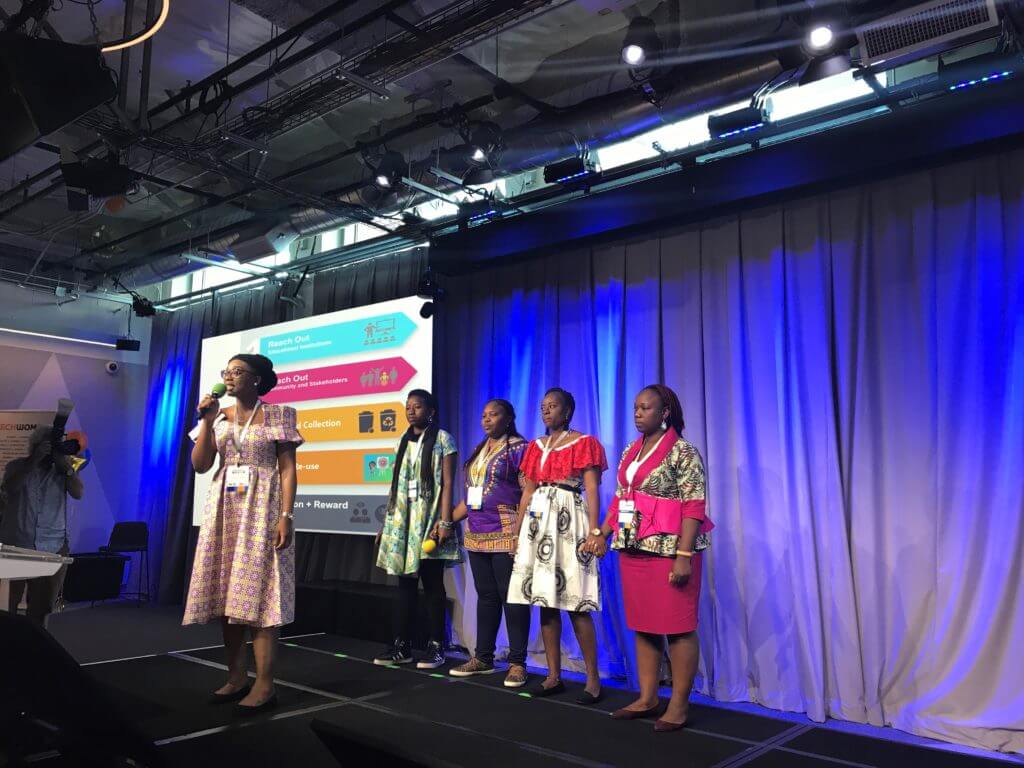
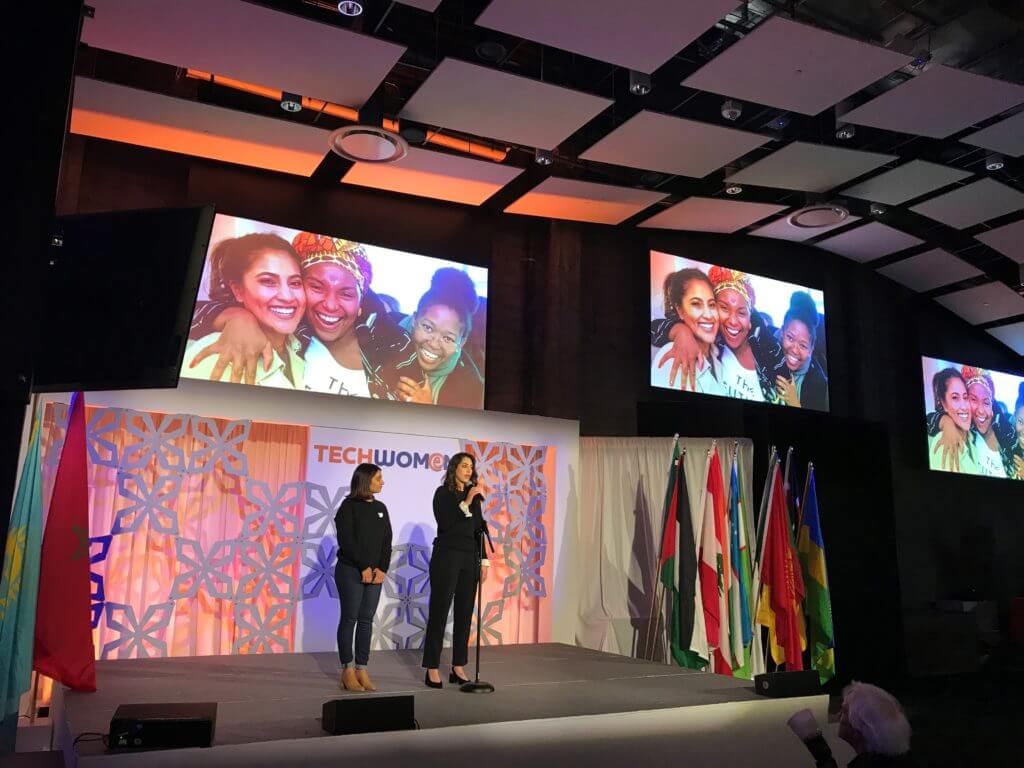
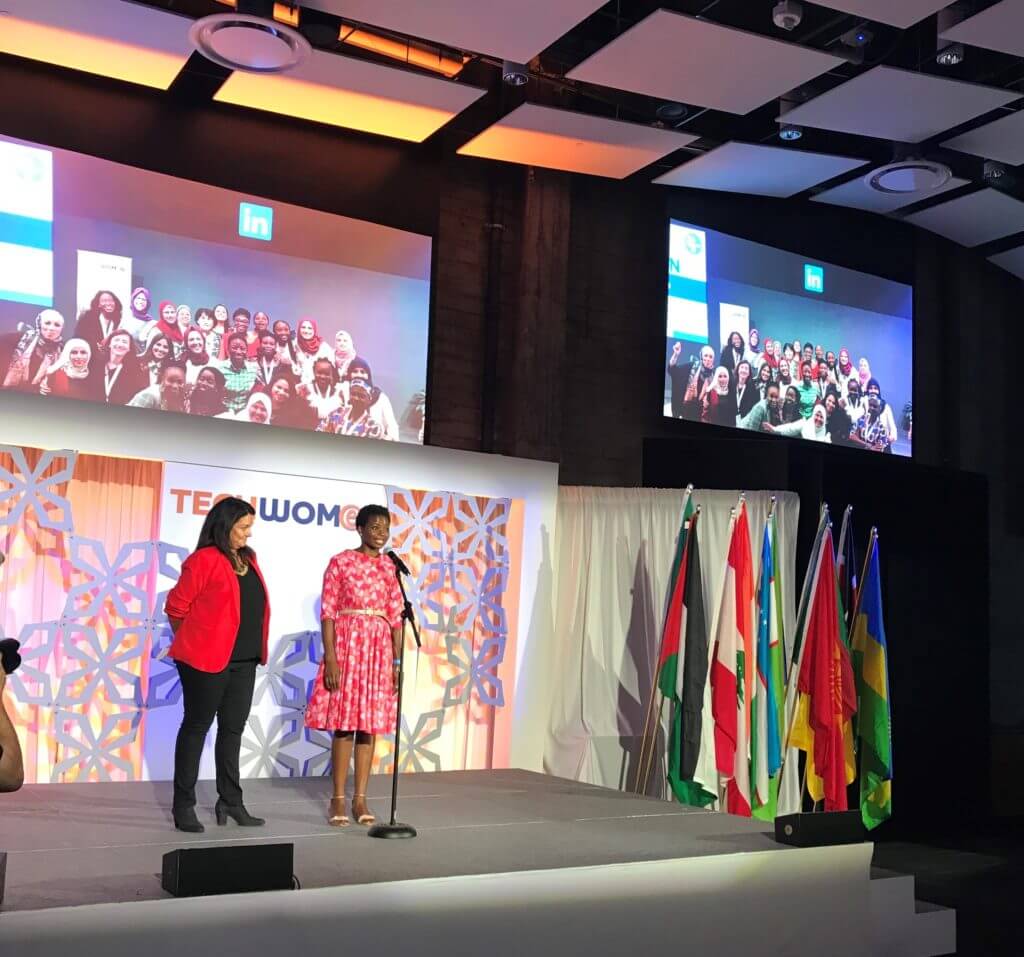
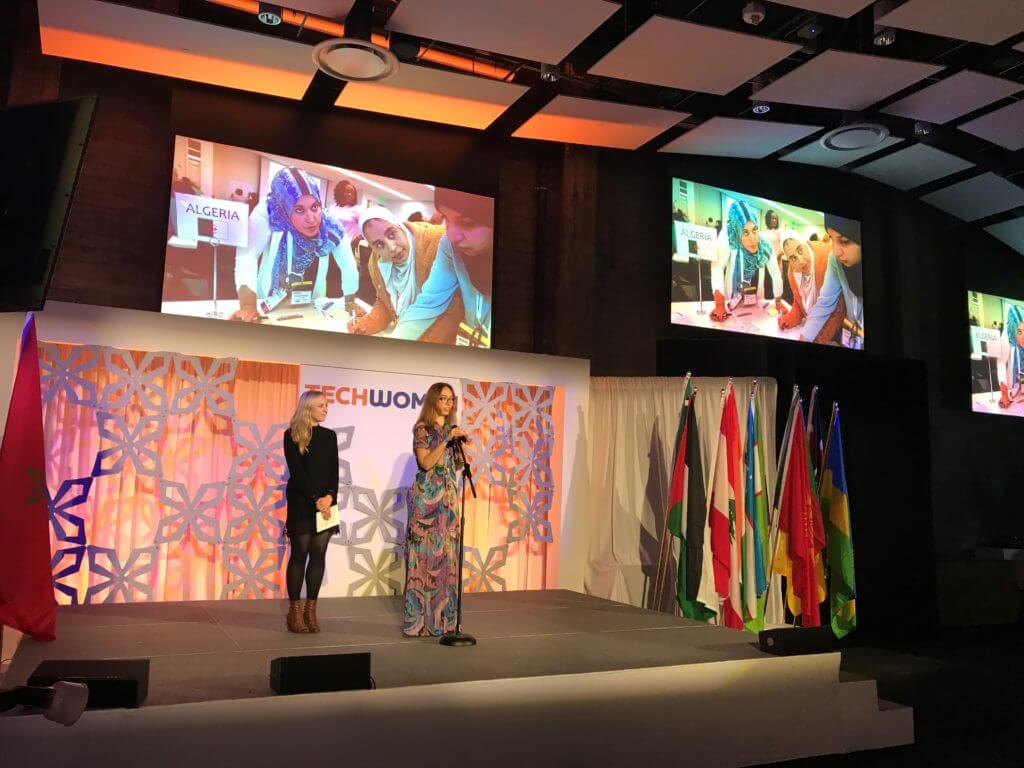
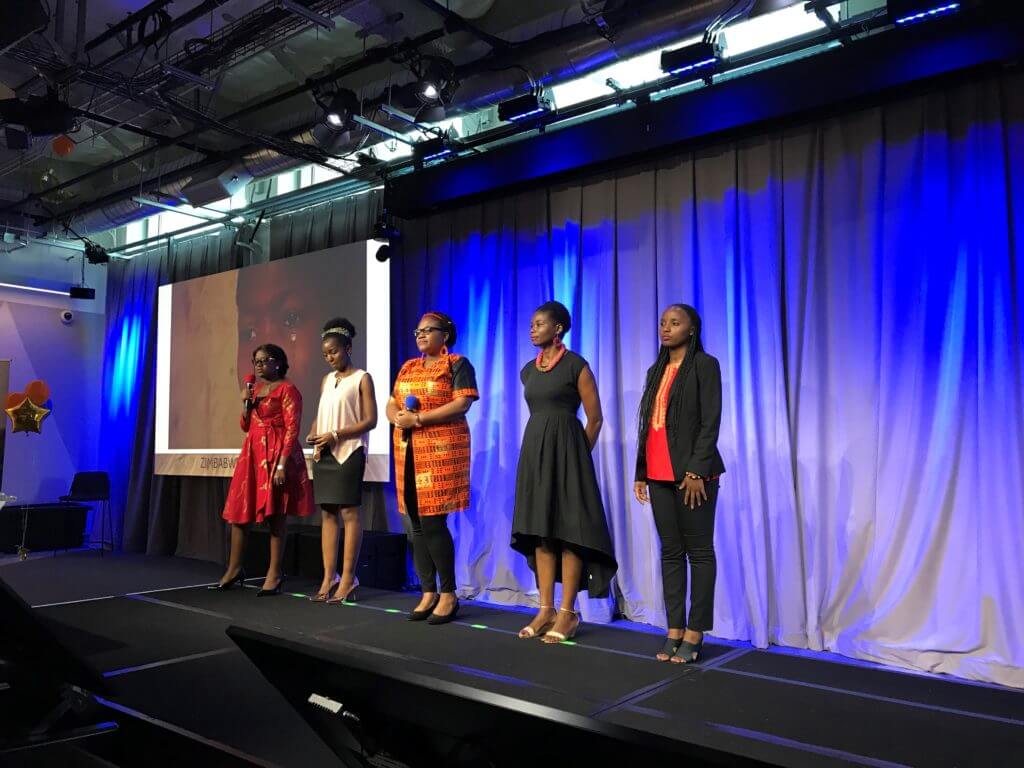
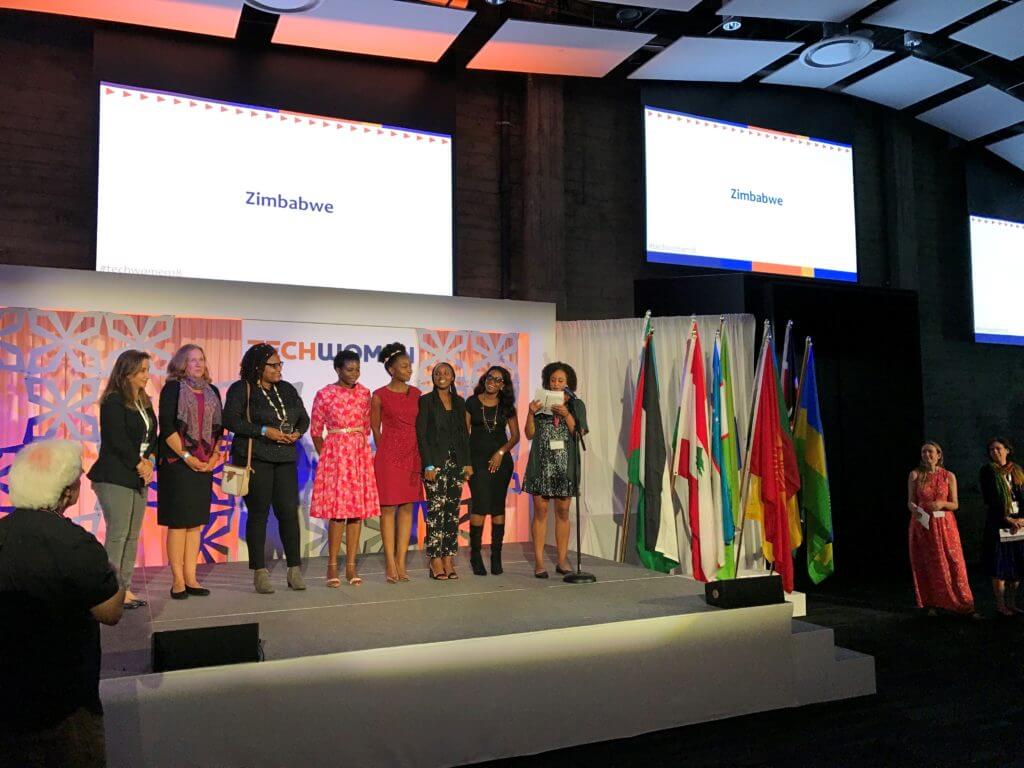
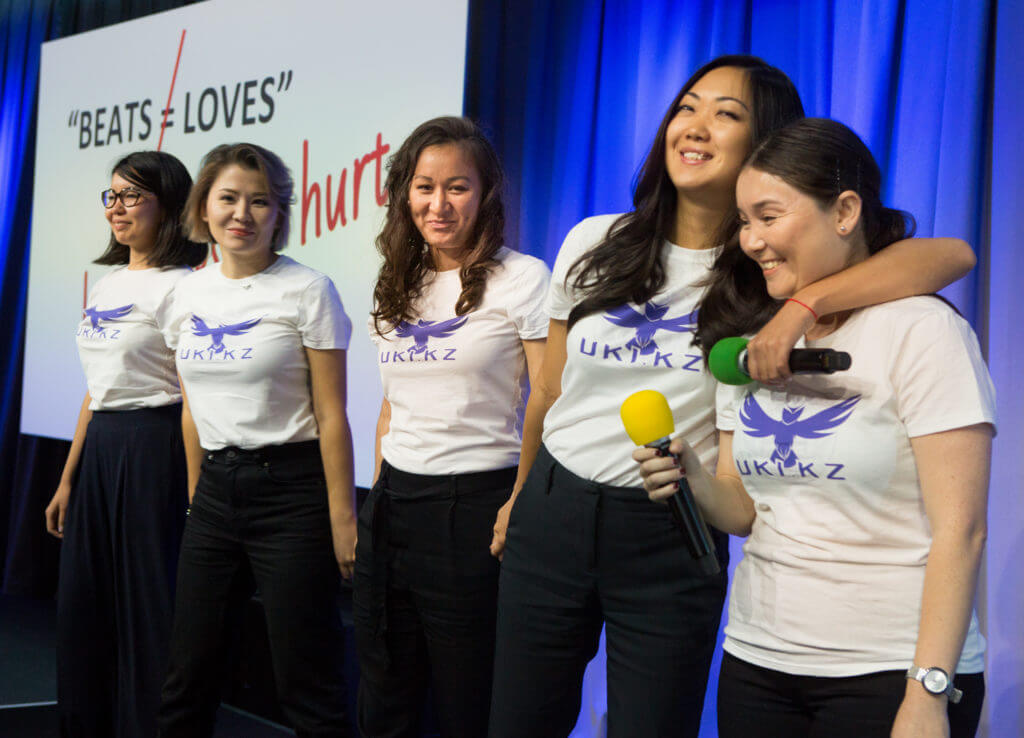
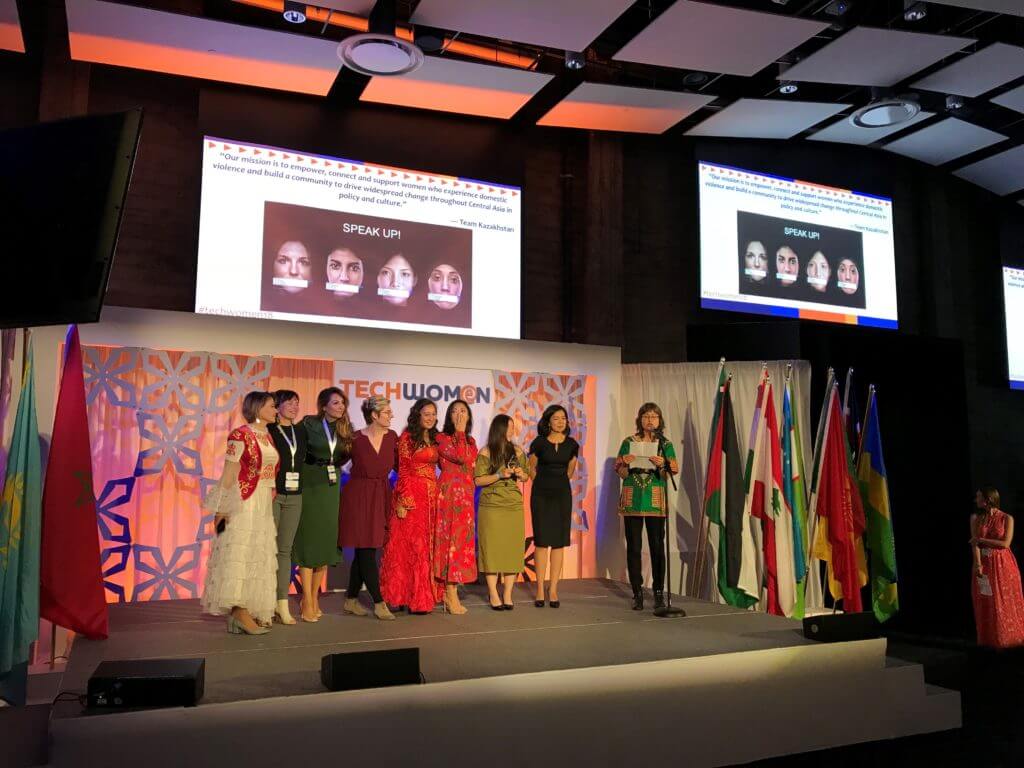
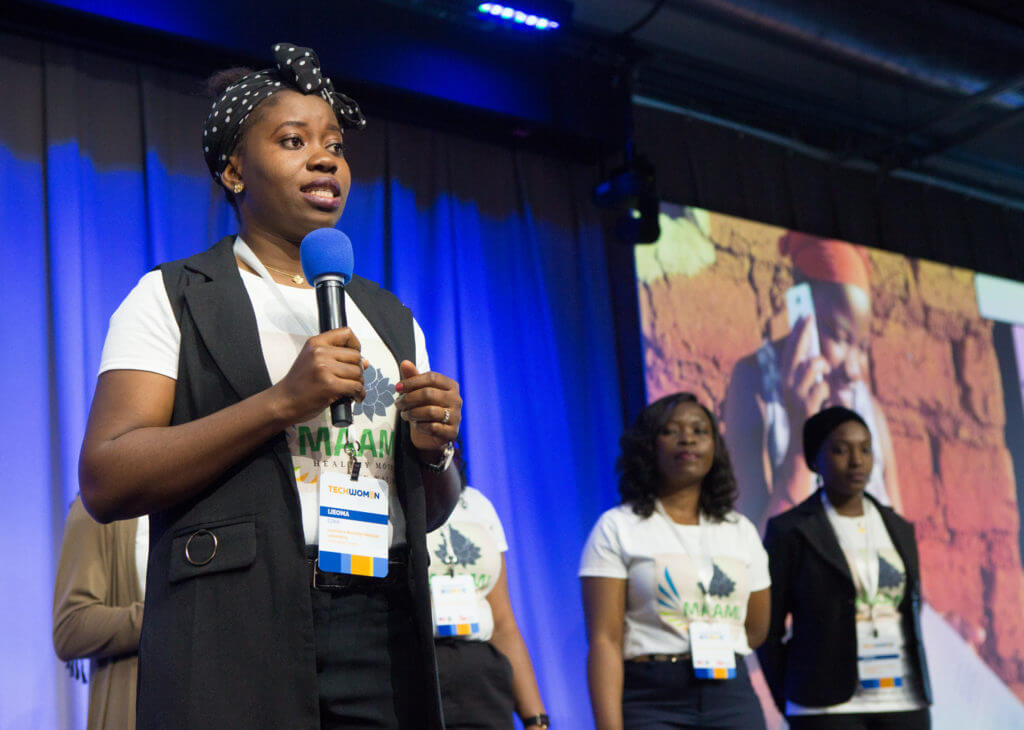

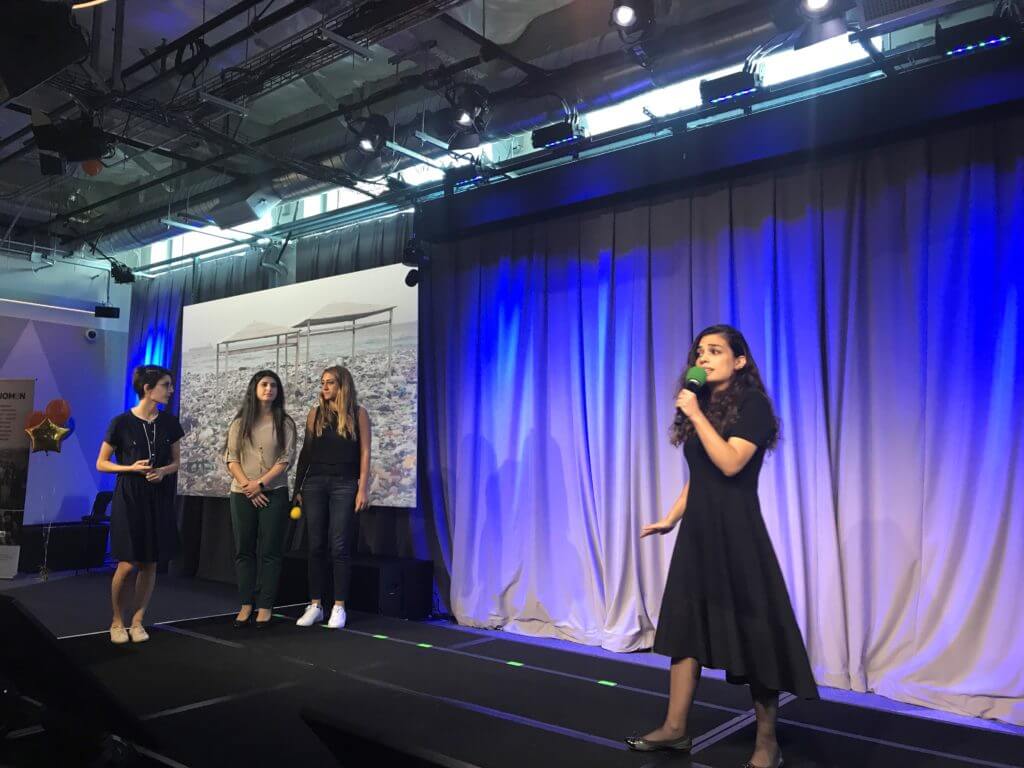
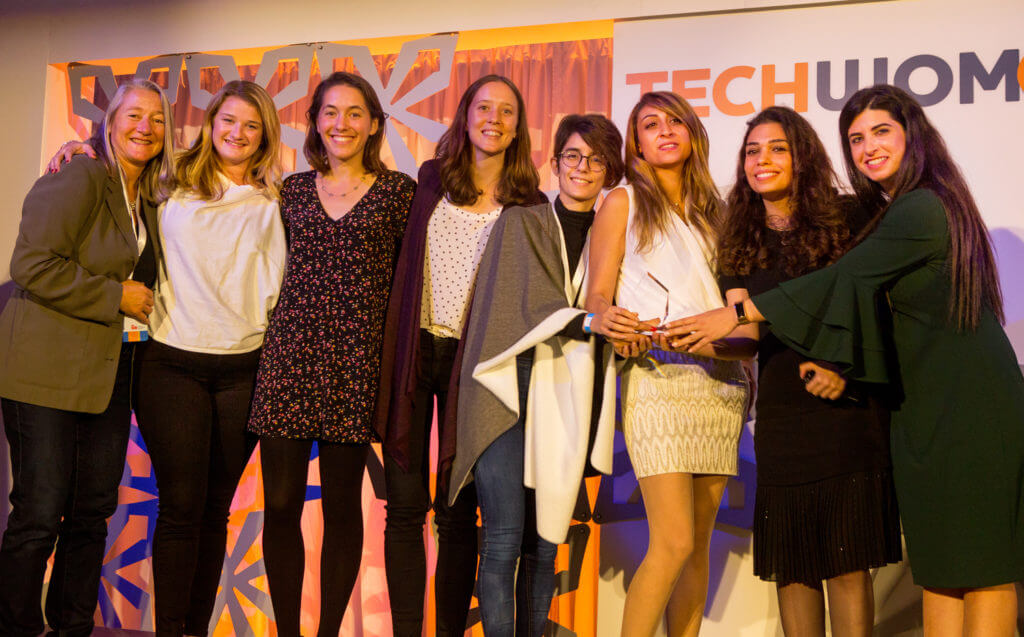
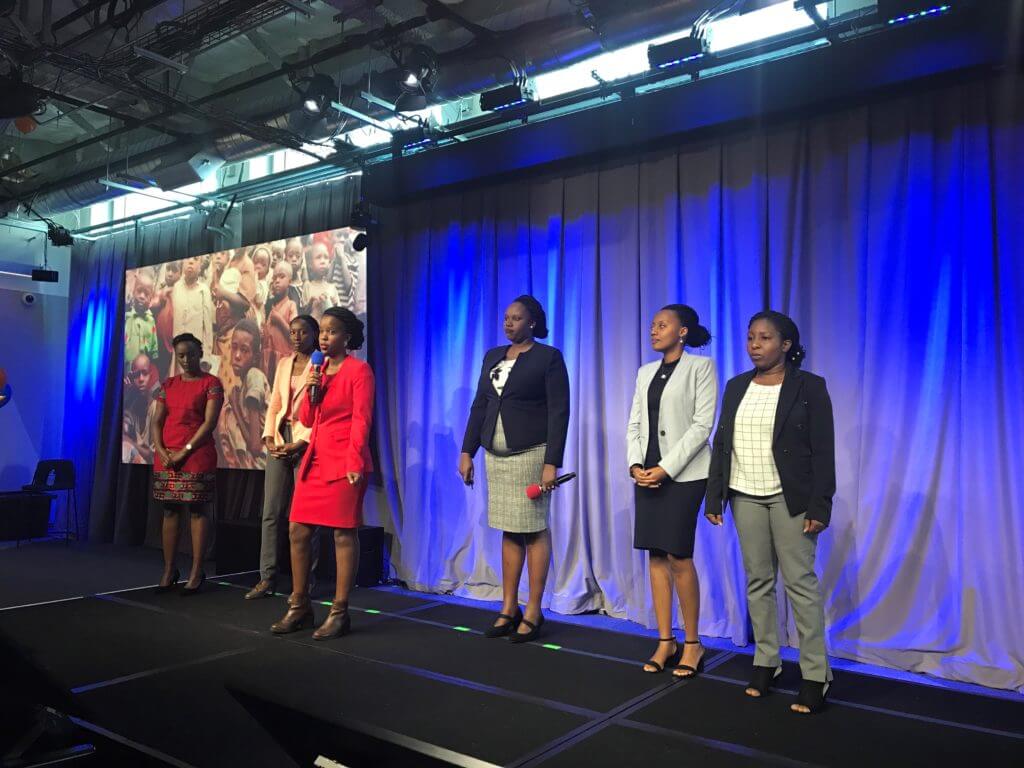

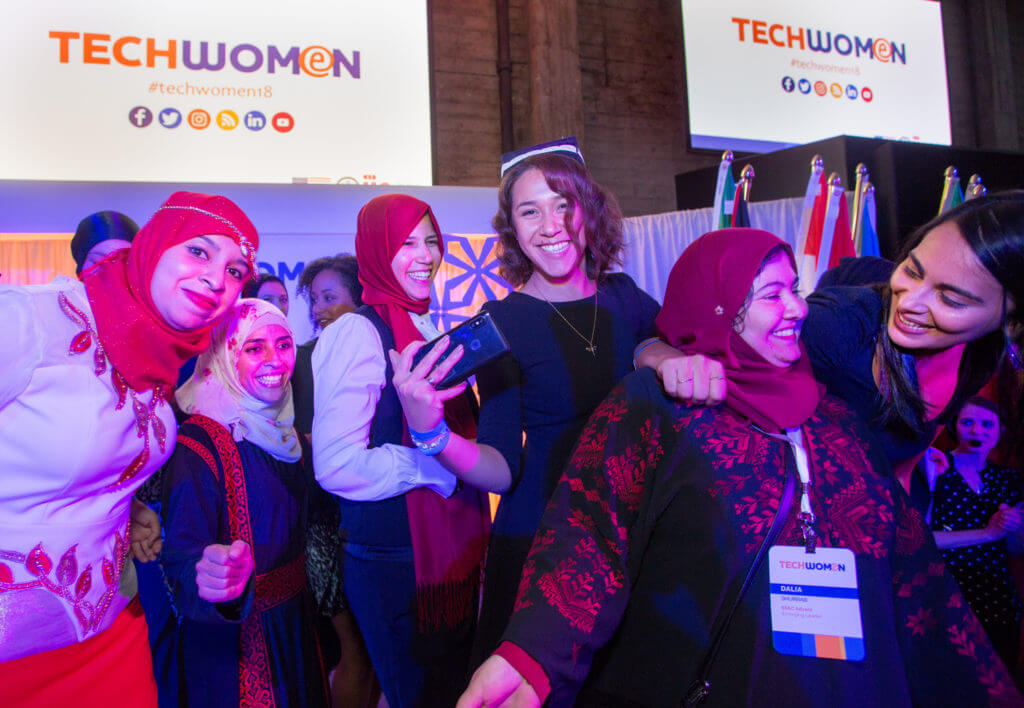
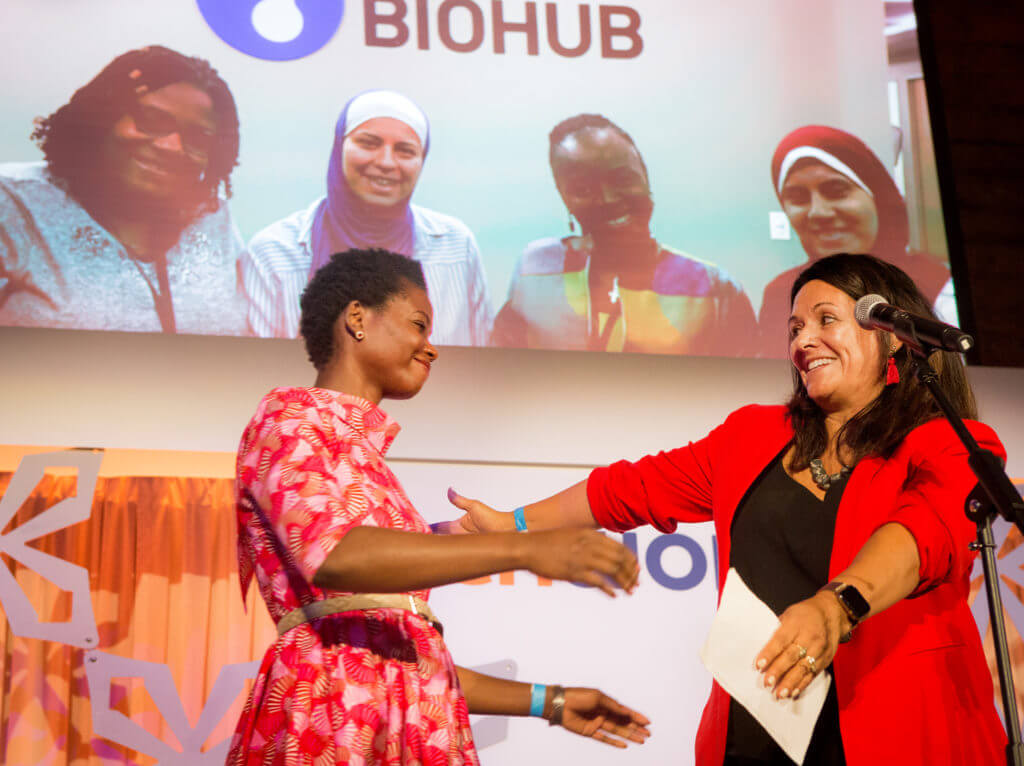
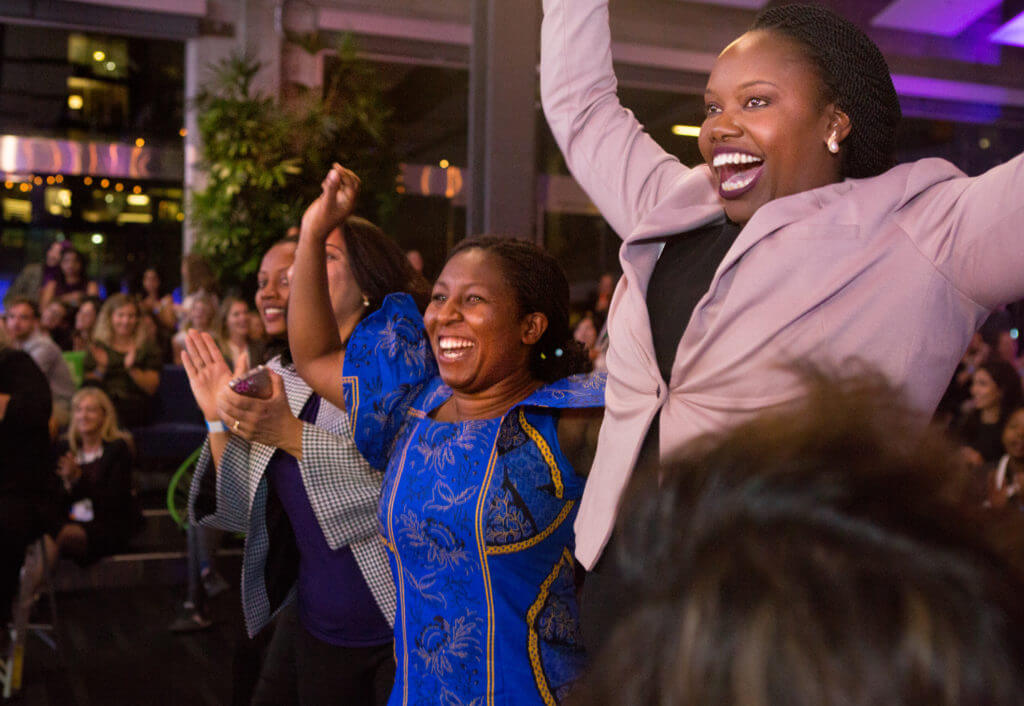

Speak Your Mind